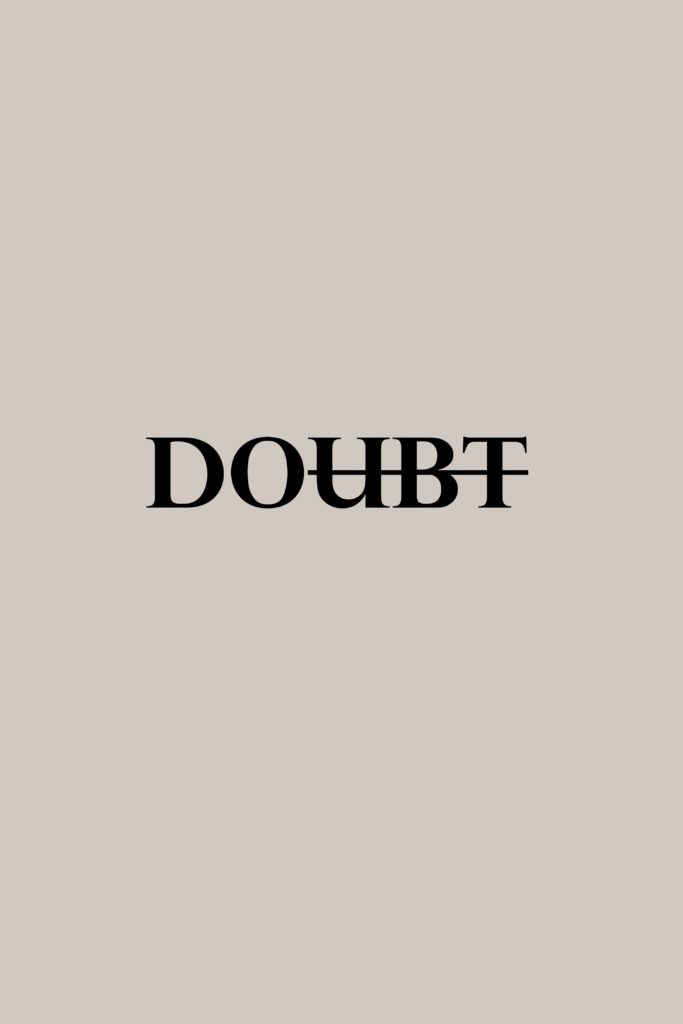What is Courage and What is it Good For?

The VIA Institute on Character defines the virtue of courage as “Emotional strengths that involve the exercise of will to accomplish goals in the face of opposition, external or internal” and comprises the strengths of bravery, honesty, perseverance, and zest.
Bravery
VIA describes bravery as “Fac(ing) your challenges, threats, or difficulties. It involves valuing a goal or conviction and acting upon it, whether popular or not. A central element involves facing – rather than avoiding – fears.”
We can be brave in multiple settings- physical, psychological, and moral. People often refer to others demonstrating bravery while doing something physical, similar to strength. Psychological bravery takes special courage, as it makes us vulnerable. But moral bravery is perhaps the most compelling. When we do something that is seen as morally brave, we are often putting ourselves on the line, doing something that may not be accepted even though we know it is the right thing to do. This requires a special kind of strength of character!
Honesty
According to VIA, “when you are honest, you speak the truth. More broadly, you present yourself in a genuine and sincere way, without pretense, and take responsibility for your feelings and actions.”
Honest people are often described as having integrity. What I appreciate most about honesty is that it allows me to accurately represent myself, all of me – my internal states, intentions, and commitments, both publicly and privately. As such, my goals accurately represent my interests and values. When I was completely honest with myself, I realized that the work I was doing did not align with who I really was or what I truly stood for. I didn’t feel I was being authentic to myself. That is when I came to positive psychology coaching!
Perseverance
Perseverance means being hardworking and finishing what is started, despite challenges, obstacles, and discouragement. Perseverant people get pleasure from completing tasks and projects (VIA).
In order to follow through and be perseverant, I need to organize myself to support the action steps required to achieve my goal. This may include taking breaks, doing research, asking for help, and ultimately rewarding myself along the way. I need to put in the initial effort and also endure through barriers and setbacks. When I persevere, I feel proud. I gain more confidence and consequently feel encouraged to take future risks.
Zest
According to VIA, having zest means “approaching a situation, or life in general, with excitement and energy…People who are high in zest are excited to get up in the morning, and they live their lives like an adventure.”
Zest is a dynamic strength and is related to both physical and psychological wellness. It has the strongest ties to living a life of engagement and consequently to life satisfaction. This is particularly interesting to me. You see, I am excited about my life and am engaged and satisfied. While I feel this energy internally, I don’t often display it externally, as I am not an overly energetic person physically. As such, I see myself as being psychologically zestful but not as much so from the physical perspective. Would people still see me as being zestful?
What I find so interesting about the virtue of courage, is that it is quite possibly the only of six virtues defined by VIA that does not implicitly imply ‘feeling good’. However, the definition of zest above clearly insinuates as much. What do you think? Does someone need to embody all manifestations of each strength in order to embody the strength in general?
What does bravery mean to you?
What are your biggest obstacles to perseverance?
Is it easier to be honest with yourself or others?
What area of courage can you work on this week? How will you accomplish this?
